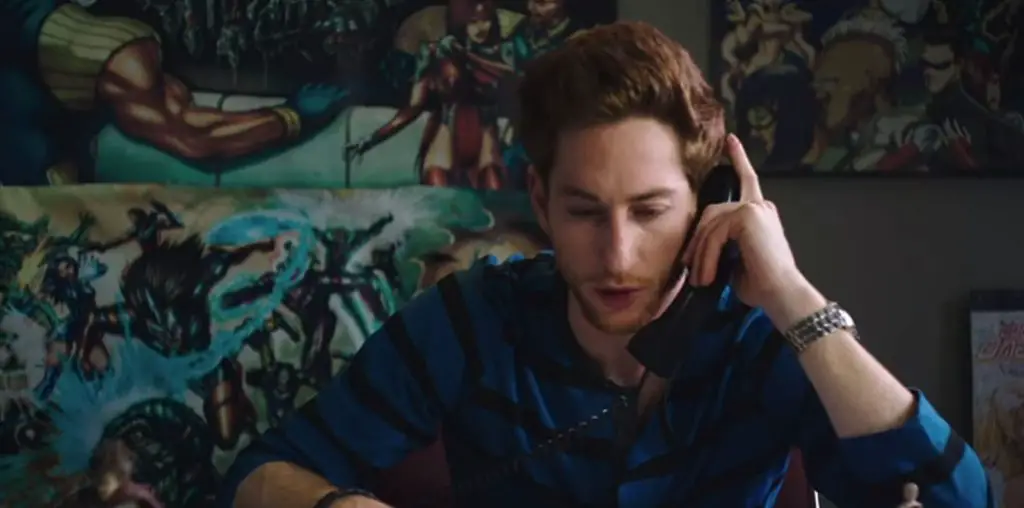
Katina Dunn’s feature film Kumpania Flamenco Los Angeles is a documentary about flamenco, and specifically flamenco performers in Los Angeles. The film gives enough of a history of flamenco to inform those completely in the dark without boring them, but the meat of the piece surrounds the different performers, and footage of their performances.
As far as documentary structure goes, it is pretty standard, with talking heads and performances carrying the day. Where the film most interestingly strays is in its visual presentation, utilizing layered imagery and digital compositing to create performances and edits that seem to flow together in an almost dream-like atmosphere. It does seem to misstep slightly with the opening score, however, as it has a sense of foreboding to it, and I suspect that was supposed to invoke a feeling of mystery as opposed to impending doom.
Still, as the film rolls along, the distinct elements of flamenco are revealed to those of us who are neophytes, as are the similarities to other musical genres. Conversation regarding a flamenco performance as like jazz was the most surprising to me. I’ll admit I’ve often thought of it as a performance that is very rigid and practiced in its preparation, as opposed to open to improvisation.
The culture surrounding flamenco actually reminded me of punk, to a certain extent, with the varying talk about what area of Spain is true flamenco, who can be a true flamenco artist and the like. As one performer notes, it is the close-mindedness of the “scene” that he dislikes, but in practice what we see in this film, particularly in the small pocket of performers in LA, is that people may say one thing, or have a certain opinion of purity of flamenco, but the reality is very different.
The performers come from many different walks of life and nationalities, with many often feeling like frauds for not being “authentic” enough to Spain. Which is sad, because if flamenco never traveled with new people and nationalities, as its gypsy originators did, then where would it be? If punk never allowed new perspectives and voices, would it not just become stale and die? There’s keeping true to the spirit and culture, and there’s being exclusionary to the detriment of the same. Again, while you may hear exclusionary sentiments in the film, the performers often fly in the face of these unfair cursory judgments.
The enduring lesson I took away from this film is that flamenco is something you need to experience in person to fully appreciate. The sentiment is expressed in one way or another throughout the film, and I get their point. In that sense, consider this documentary like a short history lesson, and that free sample that is supposed to entice you into wanting to see more. And I think the film succeeds there.
This film was submitted for review through our Submission for Review system. If you have a film you’d like us to see, and we aren’t already looking into it on our own, you too can utilize this service.
